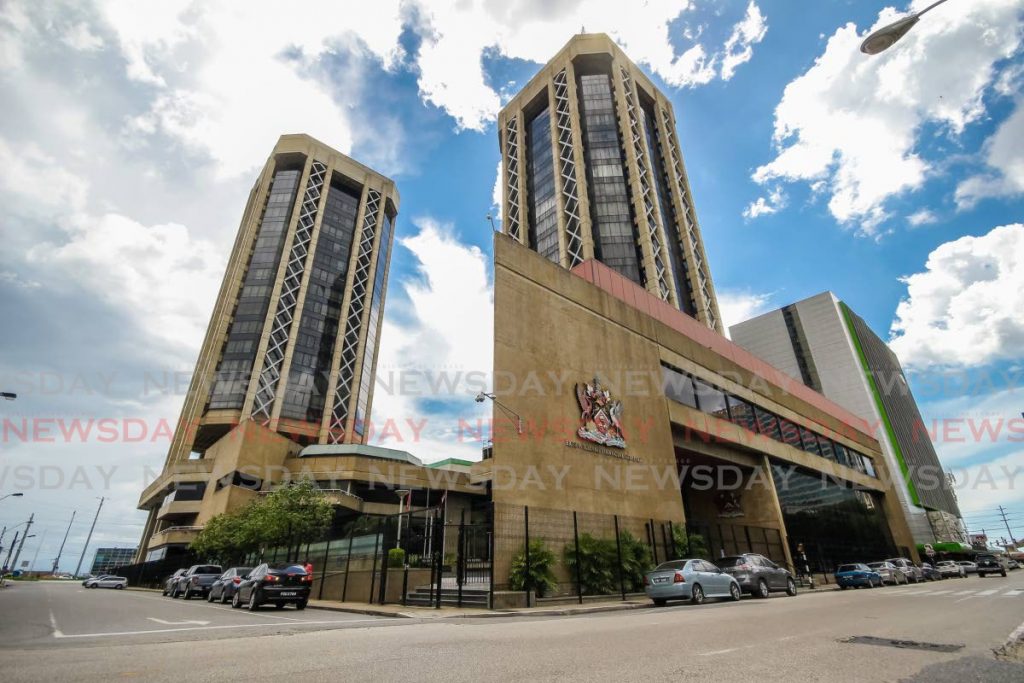Central Bank: Covid19 restrictions hampering production, distribution

MEASURES to curb the spread of covid19 in Trinidad and Tobago have affected the production and distribution of many non-energy goods between January and July.
There have also been increases in food prices over this same period.
But the relaxation of restrictions on public movement and higher numbers of people being fully vaccinated against covid19 production are expected to lead to a resumption in non-energy production towards the final quarter of 2021. Food, distribution and construction services are especially expected to benefit from these developments.
On the basis of all these developments, the bank said it will maintain the repo rate at 3.5 per cent.
The Central Bank made these statements in its latest monetary policy announcement (MPA), released on Thursday.
The bank said overall global economic performance during the covid19 pandemic continues to recover. That recovery effort is underpinned by widespread vaccination efforts, easing of pandemic restrictions and accommodative fiscal and monetary policies.
But the bank said the pace of economic recovery across countries is uneven, given varied access to covid19 vaccines and a resurgence of covid19 in many areas.
"Control of covid19 and its variants by way of herd immunity is also being hampered by the reluctance of some individuals to be vaccinated, even when vaccines are available."
Domestically, the bank said supply-side factors (such as increases in international commodity prices of items like sugar, wheat and vegetable oils, transport delays and adverse weather conditions) had led to an increase in food prices.
The latest information from the Central Statistical Office showed food inflation increased from 3.2 per cent in January to 4.9 per cent in July.
"The largest increases were recorded for vegetables, fruits, milk, cheese and eggs"
Core inflation (which excludes food items), the bank continued, remained relatively contained at 1.6 per cent in July.
It said headline inflation (which includes commodities like food and energy) was reported at 2.2 per cent as of July.
But the bank added this figure could increase due to recently announced increases in transport fares.
The bank said during the second quarter of this year, "Shortfalls in natural gas availability hampered production of liquefied natural gas and ammonia, while methanol output surpassed levels of the corresponding period of the previous year when several facilities had been shut down."
Despite a reduction in the production and distribution of many non-energy goods and services owing to covid19 restrictions, the bank said there have been improvements in the electricity, water, finance and real-estate subsectors of the economy.
"Monetary and financial indicators point to ample liquidity and signs of an incipient recovery in credit demand in some sectors. Commercial banks’ unremunerated excess reserves at the Central Bank amounted to $8.3 billion in mid-September 2021, up from $7.5 billion at the end of March."
The bank said TT's international reserves rose to US$7 billion at September 17 and constituted over eight months of prospective imports, partly due to the inclusion of US$644 million from the International Monetary Fund’s (IMF) general allocation of Special Drawing Rights (SDRs) in August.
The bank also said the annual growth rate in credit to the private sector has been positive since April, with some substitution away from consumer and business credit towards real-estate mortgage loans. There has been a noticeable rise in loans for construction, it said, alongside a decline in financing for services.
The next MPA is scheduled for December 31.


Comments
"Central Bank: Covid19 restrictions hampering production, distribution"